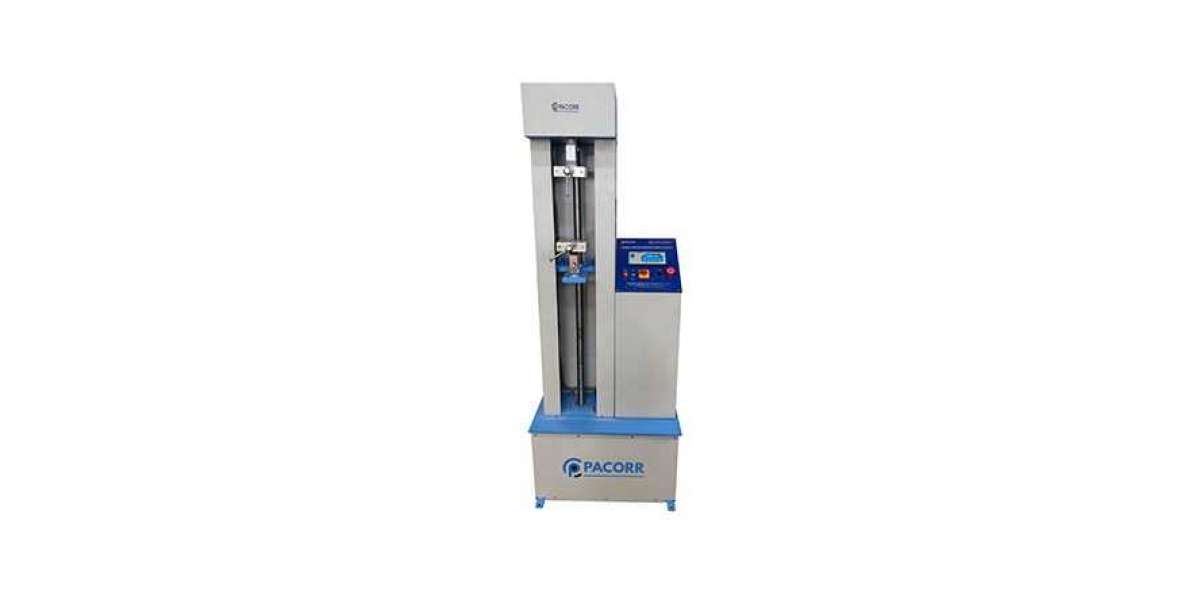Understanding Tensile Testing Machine
Tensile testing machines are sophisticated instruments designed to apply a uniaxial force to a material specimen until it fails. This process helps in measuring the material's strength, ductility, elongation, and modulus of elasticity. By pulling the material until it breaks, tensile testing machines provide valuable data on how materials will behave under different types of stress.
Key Components of a Tensile Testing Machine
- Frame: The structure that supports the entire testing setup and withstands the forces during the test.
- Load Cell: A sensor that measures the force applied to the specimen with high precision.
- Grips: Devices that securely hold the specimen in place without causing undue stress that could affect the results.
- Extensometer: An instrument that measures the specimen's elongation, providing data on its strain.
- Control System: Typically a computer interface that controls the test's parameters and collects data for analysis.
The Process of Tensile Testing
- Preparation: The specimen is prepared according to specific dimensions and shapes, as dictated by relevant standards.
- Mounting: The specimen is mounted between the grips of the tensile testing machine, ensuring proper alignment.
- Testing: The machine gradually applies tensile force to the specimen while measuring and recording the force and elongation.
- Analysis: The data collected is analyzed to determine various material properties, such as tensile strength, yield strength, and ultimate elongation.
Applications of Tensile Testing
- Material Development: Helps in the formulation of new materials and the improvement of existing ones by understanding their mechanical properties.
- Quality Control: Ensures that materials and products meet required specifications and standards for safety and performance.
- Research and Education: Provides fundamental insights into material science, aiding in academic and industrial research.
Advancements in Tensile Testing Technology
Recent advancements in tensile testing machines include increased automation, improved precision, and enhanced connectivity. These improvements have facilitated more efficient and accurate testing processes, enabling the testing of materials under more diverse conditions and real-world simulations.
Choosing the Right Tensile Testing Machine
Selecting a tensile testing machine involves considering several factors:
- Capacity: The maximum force the machine can apply, which should align with the expected strength of the materials to be tested.
- Accuracy: The precision of force and elongation measurements.
- Speed: The rate at which the machine can apply force, affecting the duration of tests.
- Versatility: The ability to accommodate different types of materials and tests.
Conclusion
Tensile testing machines are indispensable tools in the realm of material science, offering deep insights into the mechanical properties of materials. By understanding the fundamentals of how these machines operate and their applications, professionals and students can better appreciate the critical role tensile testing plays in ensuring the safety, reliability, and innovation of materials and products. As technology advances, tensile testing machines will continue to evolve, further demystifying the complex behaviors of materials under stress.














